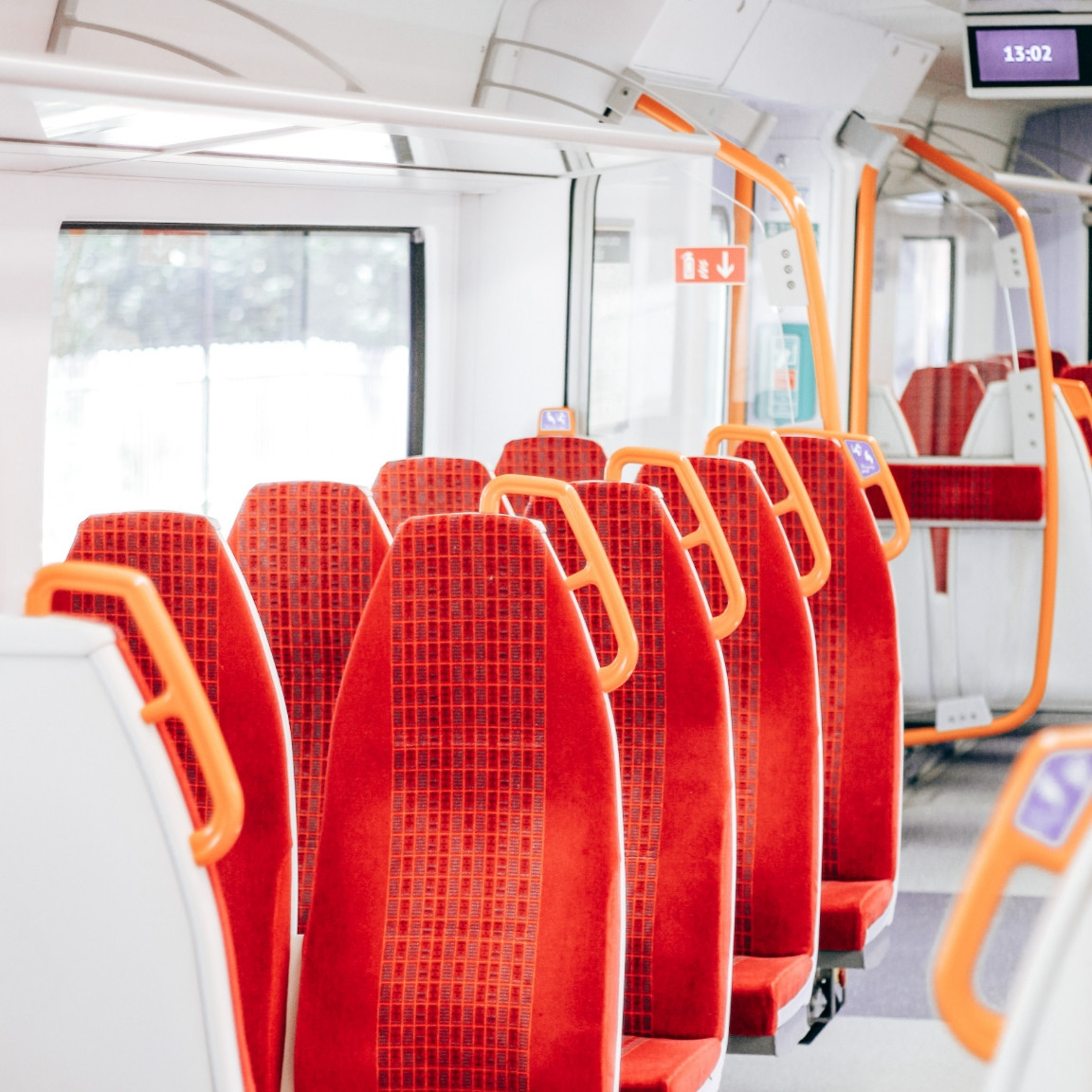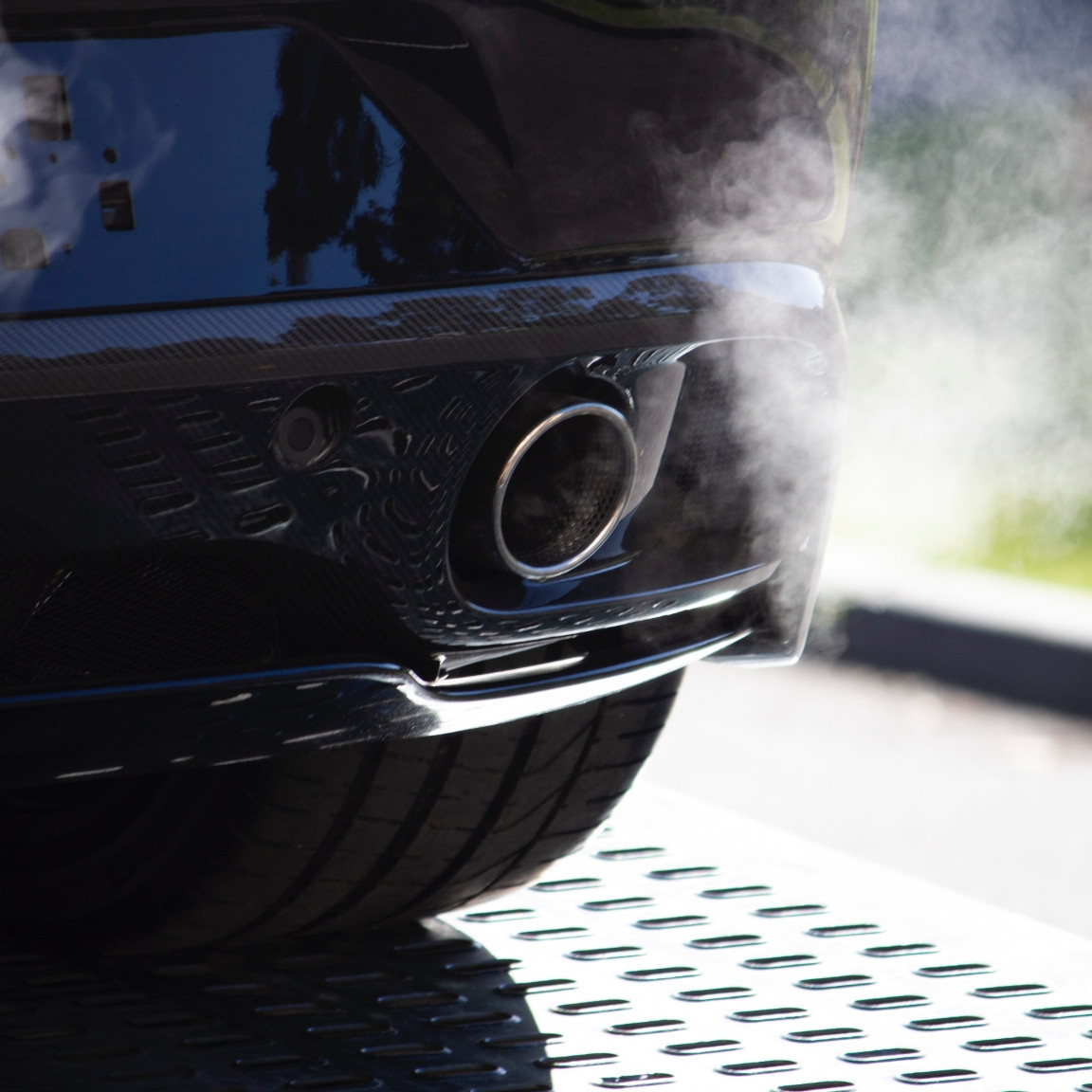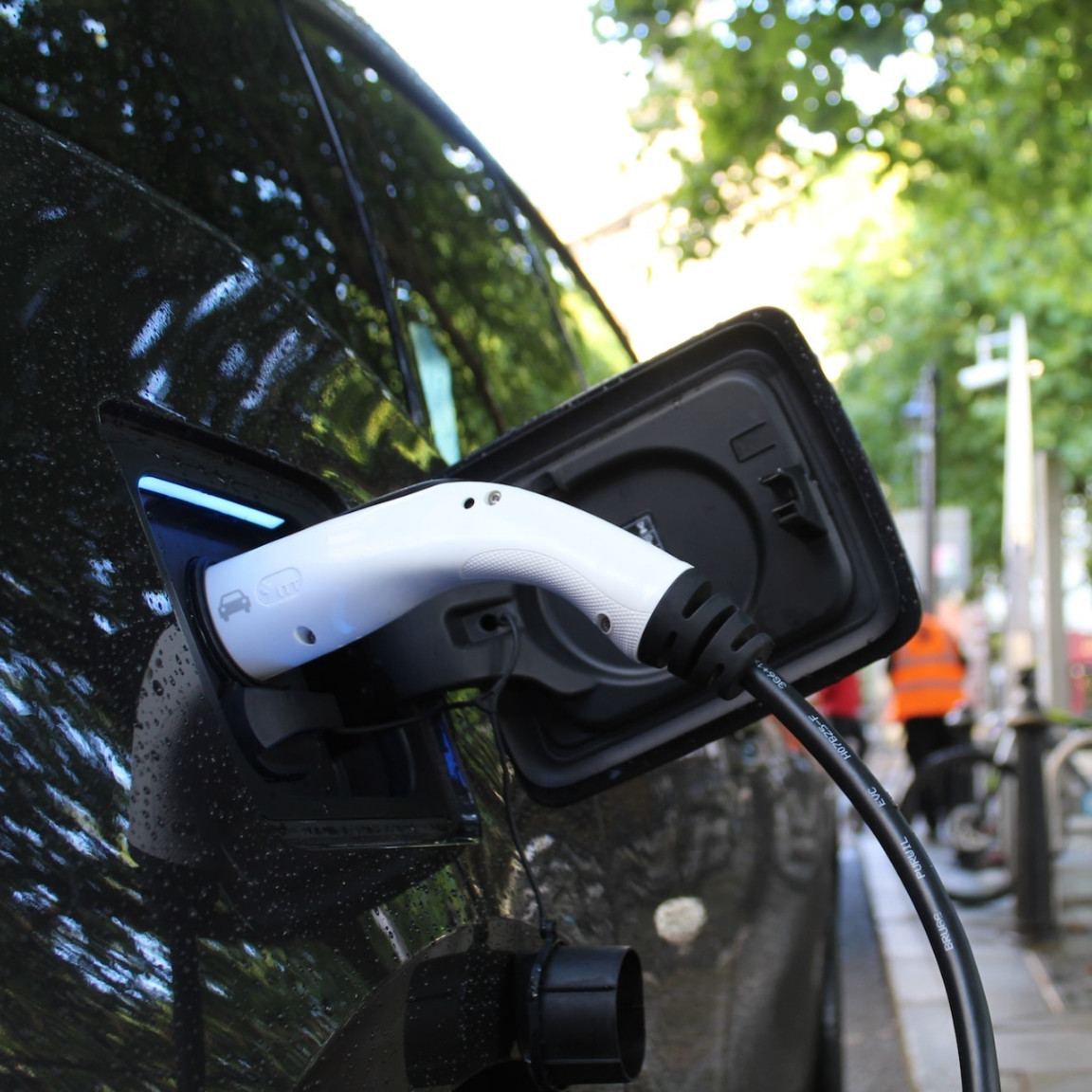What can I do on the move?
The way we transport goods and ourselves is the cause of 26% of greenhouse gas emissions in the UK. It can cause negative impacts on human health by the generation of air pollution, noise pollution and the fragmentation of natural habitats.
Thinking about how we travel and reducing the use of fossil fuel vehicles (petrol and diesel cars) through active travel, public transport and electric vehicles can improve local air quality and reduce our exposure to harmful pollutants.




